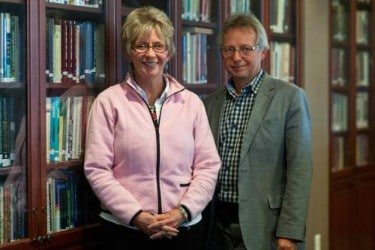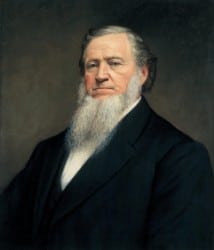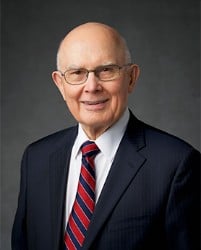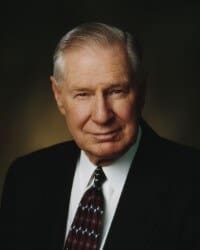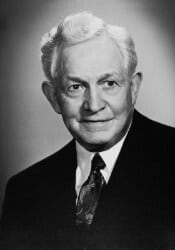
That the spirit of man passes triumphantly through the portals of death into everlasting life is one of the glorious messages given by Christ, our Redeemer. To him this earthly career is but a day and its closing but the setting of life’s sun. Death, but a sleep, is followed by a glorious awakening in the morning of an eternal realm. . . . If everyone . . . knew that the crucified Christ actually rose on the third day – that after having greeted others and mingled with others in the spirit world, his spirit did again reanimate his pierced body, and after sojourning among men for the space of forty days, he ascended a glorified soul to his Father – what benign peace would come to souls now troubled with doubt and uncertainty!
The Church of Jesus Christ of Latter-day Saints stands with Peter, with Paul, with James, and with all the other early apostles who accepted the resurrection not only as being literally true, but as the consummation of Christ’s divine mission on earth.
| Teachings of Presidents of the Church: David O. McKay, pp. 65-66
